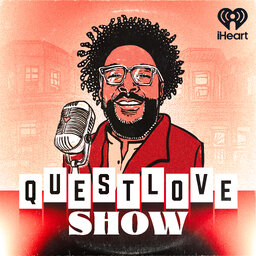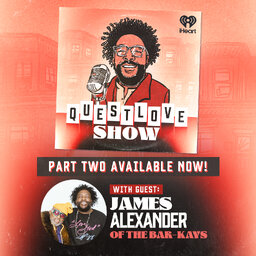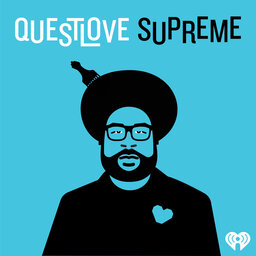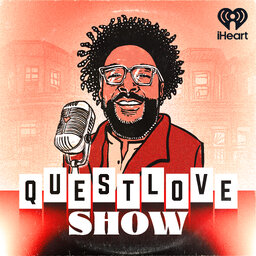Questlove Supreme: Billy Porter Part 1
Billy Porter joins Questlove Supreme for a spirited two-part interview. In Part 1, Billy recalls his Pittsburgh upbringing around the stage and some of his earliest musical memories. The Emmy, Tony, and Grammy Award-winning artist also explains why he has fought so hard to be respected across mediums and asserts why his new EP, Black Mona Lisa: The Cookout Sessions, commands a new lane for himself — with an exclamation point.
In 1 playlist(s)
The Questlove Show
The Questlove Show builds on the award-winning Questlove Supreme podcast, bringing listeners into in…Social links
Follow podcast
Recent clips

BONUS: James Alexander on The Bar-Kays' Rivalry With Cameo
09:18

James Alexander of The Bar-Kays Part 2
1:01:04

QLS Classic: Michelle Obama
29:11
 The Questlove Show
The Questlove Show